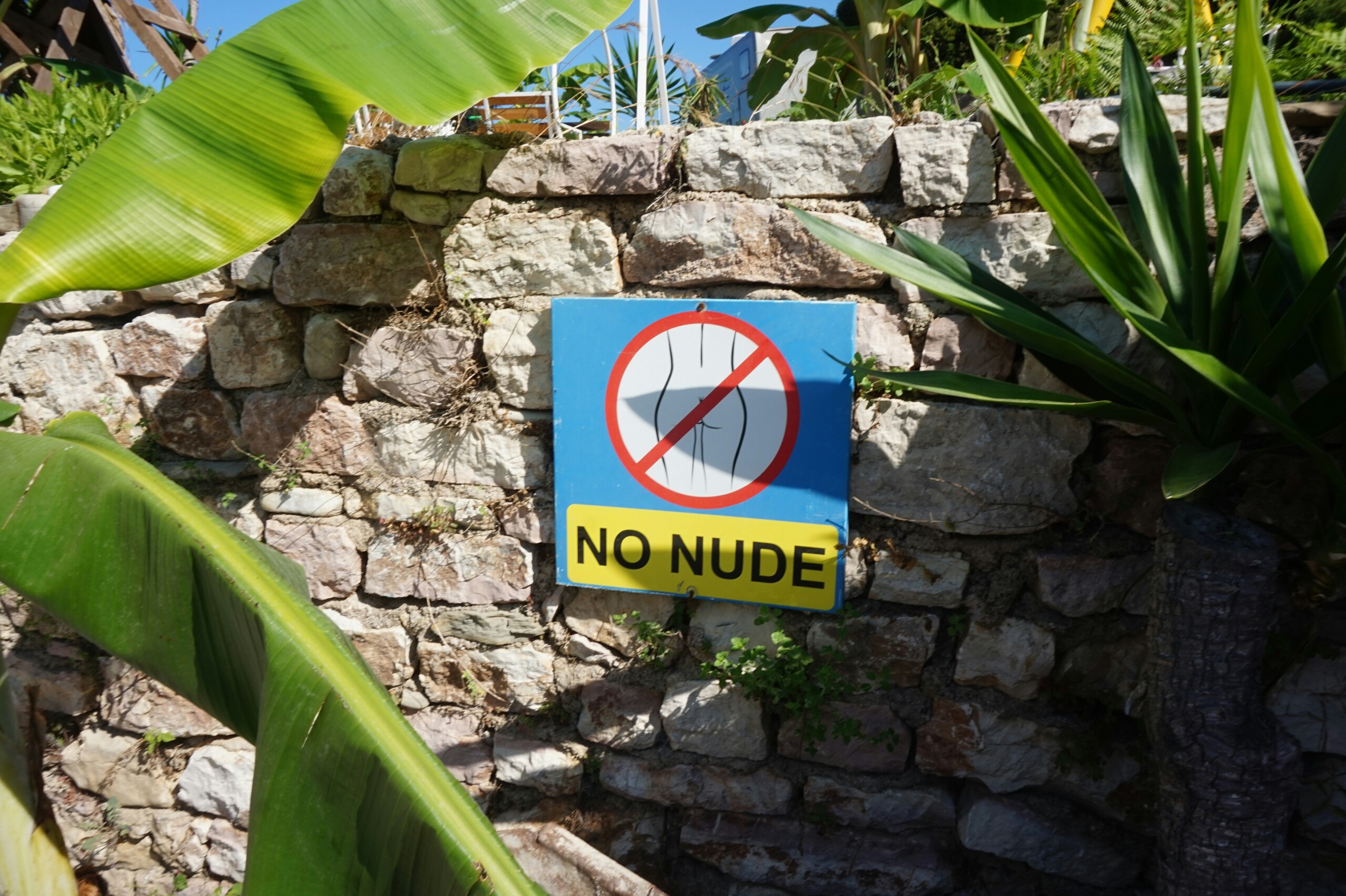France doesn’t tend to get a lot of things right in the modern age.
Sure, once upon a time, France was the kind of country that could build majestic cathedrals, compose sublime music, and paint enchanting art that we can’t quite emulate today — but that was once upon a time. Today, it’s a country crumbling under persistent unrest, attempting to stifle the very voices that might just have answers. (RELATED: Paris Is Still Beautiful — From Behind Bulletproof Glass)
But even a broken country can get some things right some of the time.
In April, a law went into effect in France requiring websites displaying pornography to verify the ages of visitors.
Then, on June 4, the parent company of Pornhub, Aylo, pulled out of France entirely, making it impossible for anyone in France to access Pornhub, YouPorn, or Redtube.
Pornhub’s complaint is that requiring photographic evidence of a government ID or credit card could be “invasive” and place users at risk of hacking and data breaches — this, despite the fact that the law actually requires that porn sites offer at least one “double-blind” method of age-verification (a secure way of verifying age without exposing the identity of the potential user to the porn site, or the identity of the platform to the age-verification provider).
Would-be users are now reportedly met with the image of Eugène Delacroix’s Liberty Leading the People alongside the caption “Freedom has no off button.”
That, of course, is a massive victory. France was Pornhub’s second-biggest market, and the fact that it’s now gone not only means that kids are being protected from early exposure to damaging content, but that adults can no longer access that content either. Surprisingly, the response to the news from France’s ruling elite was exactly what it should have been: “au revoir.”
But France’s war on porn isn’t ending there. Digital Minister Clara Chappaz appeared on the French show Quotidien last Thursday and said that X will likely be the next platform to receive “the same pretty papers as YouPorn,” forcing the platform to either ban porn entirely or implement age verification for users.
To those of us who have carefully curated our X feeds, this may sound like a step too far. It’s not.
Almost exactly a year ago, X updated its usage policies to allow users to “share consensually produced and distributed adult nudity or sexual behavior, provided it’s properly labeled and not prominently displayed.” Reportedly, the company saw the move as part of its free speech initiative.
For those of us who lean more to the political Right, it’s tempting to get a bit defensive of X — after all, it’s not a pornography platform, it’s a platform that happens to also have pornography.
Primarily, X acts as a public square in which conservatives are occasionally given the mic, which makes it easy to see those “pretty papers” served up by a notoriously liberal government as political bullets. After all, young Europeans (like their American counterparts) are increasingly leaning to the Right, and some of that (as Politico surmised) might very well be driven by their experience of politics on X.
That might very well be the political calculus that the French government is making. If so, that calculus depends on one thing: namely, that when given the binary choice to either ban pornographic content or ban young users, X won’t choose the former — but it should.
There’s a rather extreme libertarian view that sees even blatant obscenity as an expression of free speech. That view ignores the very real fact that there are (and should be) social taboos on certain forms of speech, especially those that cause immeasurable harm to consumer, producer, and propagator.
We frequently talk about the harmful effects of pornography on kids — after all, their developing minds are especially impressionable, and early exposure to that kind of smut rewires the way the brain approaches intimate relationships. But the same is also true for adults, where pornography is frequently a root issue in marriage problems and eventual divorce. The whole thing reduces the person to a pleasurable object and nothing more.
On the other hand, it turns out that the message that the online smut most people watch is “consensual” and therefore “ethical” is a myth. A recent report discovered that the whole industry is fueled by nonconsensual videos (even if the video is consensual, it’s usually more profitable to market it as having been nonconsensual).
The whole industry is a disgusting byproduct of the modern technical age, and our governments have a duty to protect citizens — especially underage citizens — from it if private companies and common decency won’t. For once, kudos to France.
READ MORE from Aubrey Harris:
Yes, AI Is Taking Jobs From the Class of 2025. No, We Shouldn’t Be Concerned.
We’re Not Done Curing America of Woke Education
Delaware Becomes the Latest State to Make Medical Suicide Legal
























